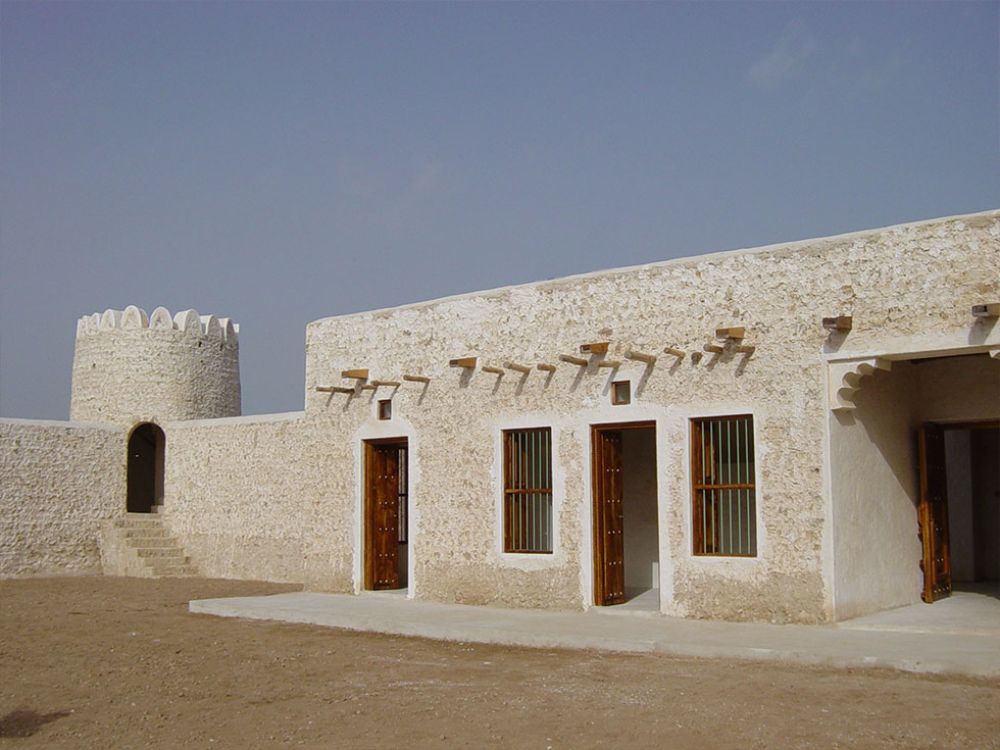

The history of tourism in Qatar is a relatively modern tale, with the country initially being a destination primarily for business travelers. However, with the discovery of oil and natural gas reserves, Qatar rapidly transformed itself into a hub of development and modern attractions. In the late 20th and early 21st century, the nation began to actively diversify its economy with investments in education, sports, and tourism.
Bold investments such as the development of the artificial island known as The Pearl-Qatar, the expansion of the Museum of Islamic Art, and the hosting of the 2022 FIFA World Cup have placed Qatar firmly on the global tourism map. The country's national carrier, Qatar Airways, has also played a crucial role in increasing the visibility and accessibility of Qatar to international travelers.
Al Zubarah, a deserted city located on the north-western coast of the Qatari peninsula, has gained international acclaim for its historical significance. The well-preserved ruins reflect the socio-economic transformation of the region from the 17th to 19th centuries. Recognized as a UNESCO World Heritage Site since 2013, Al Zubarah provides visitors with a glimpse into the lives of the Gulf merchants and pearl divers who lived there centuries ago.
In the vicinity of the ancient town of Al Zubarah lies the Al Thaqab Fort, offering a look into the military architecture and defensive strategies of the past. This fort, although less famous than the nearby Al Zubarah Fort, is part of the region's integrated defense system. Constructed to protect the thriving trading port, Al Thaqab Fort stands as a testament to the area's storied past.
The Al Thaqab Fort is characterized by its high, thick walls and three cylindrical watchtowers that provided surveillance and protection from potential threats. Visitors to the fort can explore the interior open courtyard, the remains of the living quarters, and the commanding views of the area that the watchtowers once guaranteed.
The latest tourism trends in Qatar involve the promotion of cultural experiences and sustainable tourism. The country is focusing on curating trips that are not only luxurious but also educational, with an emphasis on the enriching tapestries of Arabian history and the contemporary achievements of the Qatari nation.
Moreover, Qatari tourism is harnessing technology to enhance visitors' experiences. From virtual tours of landmarks to mobile applications offering personalized guidance, the country is embracing the digital age to cater to a new generation of travelers. The Qatar National Vision 2030 underlines this commitment to developing a sophisticated and sustainable tourism industry.
With preparations for the post-FIFA World Cup period, Qatar anticipates a steady growth in tourist inflow, betting on the legacy of hosting such a major international event and its role as an emerging cultural destination in the Middle East.
For those planning a visit, Al Thaqab Fort and the ancient town of Al Zubarah are accessible throughout the year and offer an excellent opportunity for tourists and history enthusiasts to immerse themselves in Qatar's rich heritage. The government has worked to ensure that such historic sites are well-maintained and accessible to the public while providing informative displays to enrich the visitor experience.
Whether you're an avid history buff, an architecture enthusiast, or simply someone looking to explore the captivating stories of Qatar’s past, a trip to Al Thaqab Fort, set against the backdrop of the larger Al Zubarah archaeological landscape, promises an insightful journey into the heart of Qatar's history.